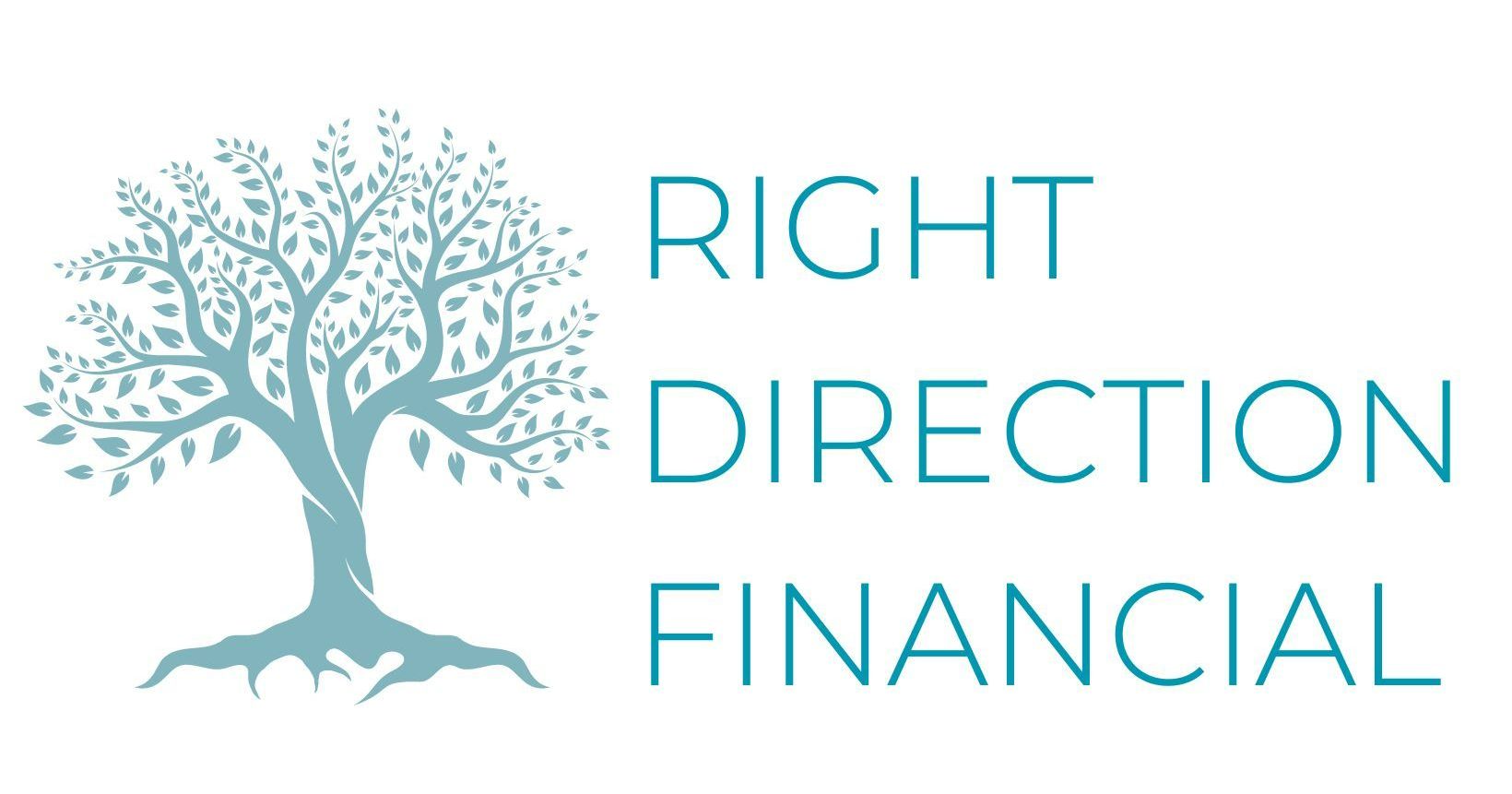Death and Taxes: Navigating Life's Certainties in Canada
There’s an old adage that says only two things in life are certain: death and taxes. While it may seem grim, understanding these inevitable aspects is crucial for Canadians looking to manage their finances and legacies effectively. Whether you're preparing for estate taxes or organizing your will, this article will guide you through what every Canadian should know about death and taxes.
Canadian Tax System: What Happens After Death?
When someone passes away in Canada, their estate must go through a process to settle taxes owed. Unlike some countries, Canada doesn’t impose an inheritance tax, but that doesn’t mean taxes are completely avoided. Here’s what to expect:
Final Tax Return (T1 Terminal Return):
A final tax return must be filed on behalf of the deceased. This includes all income earned up to the date of death, such as employment income, pensions, RRSPs, or investment income.
Capital Gains Tax:
In Canada, when a person dies, it is assumed (for tax purposes) that they sold all of their assets at fair market value just before death. This can trigger capital gains taxes, especially on investments, properties, or valuable assets like art or real estate.
RRSPs and Taxes:
Registered Retirement Savings Plans (RRSPs) are fully taxable as income upon death unless they are rolled over to a spouse or dependent child. Understanding how this affects the estate is vital for tax planning.
Probate: Fees and What to Expect in Canada
Probate is the legal process of validating a will and distributing assets, and it comes with a fee. These fees vary by province but typically range from 0.5% to 1.5% of the estate's total value. Understanding how probate works in your province can help you minimize fees and ensure a smoother transition for your loved ones.
Estate Planning to Minimize Taxes
To help ease the tax burden on your beneficiaries, consider these estate planning strategies:
Joint Ownership:
Holding assets like real estate or bank accounts in joint ownership can bypass probate fees and simplify asset transfers.
RRSP Rollovers and TFSAs:
Rolling over RRSPs to a spouse or dependent can defer taxes, and transferring Tax-Free Savings Accounts (TFSAs) maintains their tax-exempt status for beneficiaries.
Gifting During Lifetime:
Gifting assets to loved ones during your lifetime can reduce the value of your estate and the associated taxes, though it’s important to understand potential tax consequences, especially for large gifts.
Provincial Differences in Estate Laws
While the overall tax structure is consistent across Canada, probate laws and fees vary by province. For instance, Ontario has some of the highest probate fees, while Quebec operates differently, without requiring probate in certain cases. Understanding the nuances of your province can help in estate planning.
Resources for Canadians: Where to Get Help
Navigating the complexities of death and taxes can be overwhelming.
Thankfully, there are resources to help:
Financial Planners: Specializing in estate planning and tax strategies.
Lawyers: Assisting with wills, probate, and legal obligations after death.
Government Resources: The CRA offers guides for estate administrators and tax filers to ensure everything is handled properly.
Conclusion
While death and taxes are unavoidable, having a plan in place can ease the burden on your loved ones and ensure your wishes are respected. By understanding Canada’s tax laws and taking proactive steps, you can make life’s certainties more manageable.
Source: www.canada.ca


















